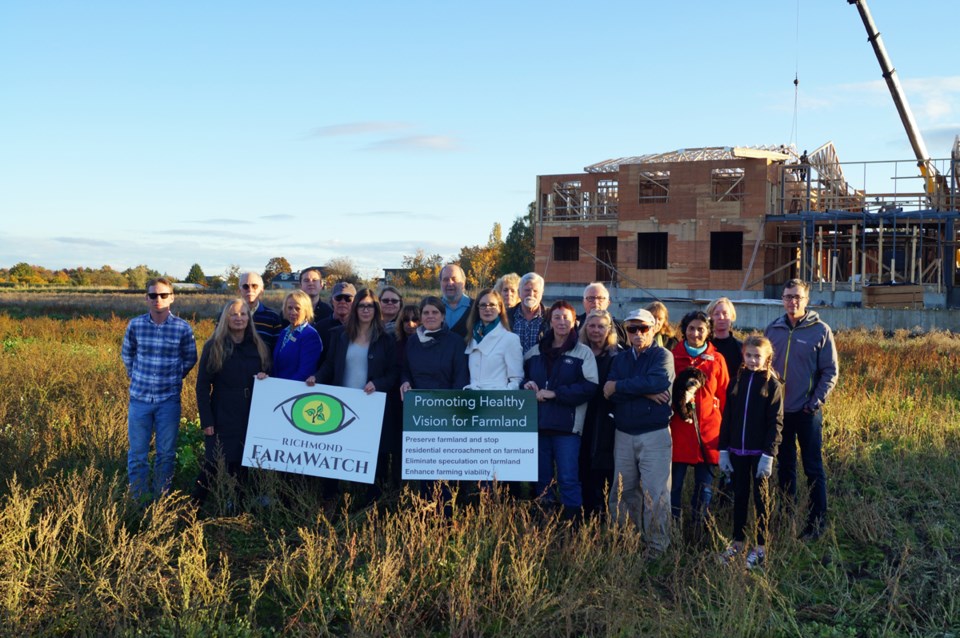A part of me wants to groan when I think about more stories debating house sizes on agricultural land. I suspect a few councillors may feel the same. The issue has plagued local leaders for literally decades now.
What’s most distressing is the feeling that we’re going around in circles. It’s like one of those relationships where you might not have a lot of fights, but you keep having the same one — over and over.
The problem is the two parties are coming from fundamentally different world views.
While everyone, at least those who show up at council meetings, publicly profess to support farmers and farmland, there seems an untenable divide on how to do that. I suspect the reason is because there is also a contingent that doesn’t actually believe farming, on any serious scale, is feasible in Richmond.
As one developer said, “that horse has already bolted.”
We may have had some prime farmland at one point, but the relatively small plots now sprinkled around just aren’t enough to grow anything that could sustain an economically viable industry.
Add to that, the intense pressures on real estate in the middle of a metropolis, and the best we can hope for are some pretty berry plots that create a rustic, farming feel. It means accepting that a “farmer’s” primary income is from their land, not what grows on it.
While I might not agree with the opinion, it’s somewhat refreshing to hear past BC Liberal Minister of Agriculture Norm Letnick call it as I believe many see it: This land may be agriculturally fertile but it’s too rich to leave to farming. If you want to grow veggies, head out of town where land is cheaper.
No one on council says that, but their decisions have put us on that tract and Jian He’s, who aims to promote “farm tourism,” is a perfect example.
Because council was convinced by some farmers that they needed massive, multi-bedroom homes to house their extended family members who help run the farm, Jian He’s 12-bedroom mansion (which has doubled in value since he bought it in 2015 for $4 million) is not uncommon. The trouble is he doesn’t have an extended family keen to tend his blueberries, so he wants to rent out more rooms.
Meanwhile, he says he’s trying to make his farm viable, but blueberries are not profitable and given the cost of hiring pickers, most of his berries rot or go to the birds. He only harvests enough to qualify for the tax breaks afforded to farmers. Now he’s promoting the notion of farm tourism. Which, given his situation, makes sense — but clearly this is not serious farming
It’s hard to believe no one saw this coming. Well, obviously many did, hence the interminable debate.
I don’t believe we should be giving up on farming as viable a industry, but if others do, it would be nice if they’d come out and say so.
I would add that, while growing veggies may not make you rich now, they could be the gold bar of a climate changed world.
You can’t eat a marble staircase.



